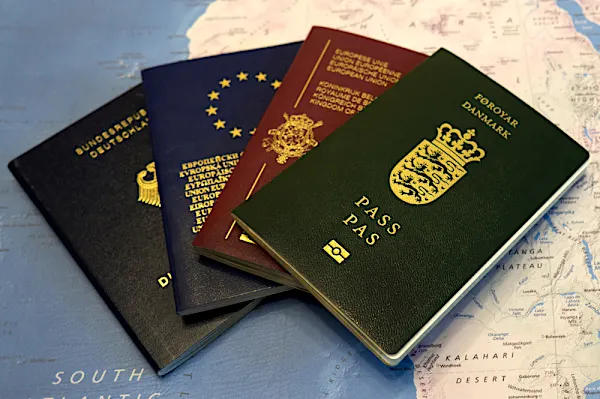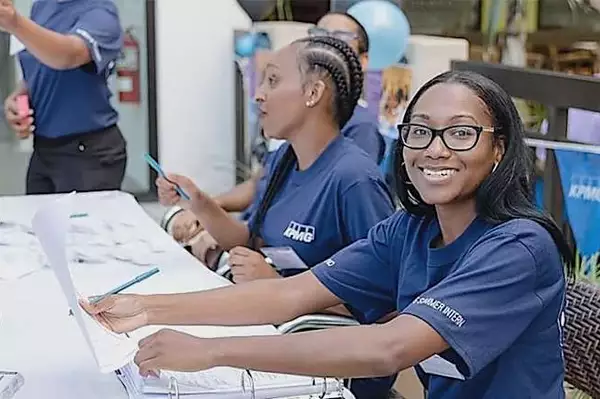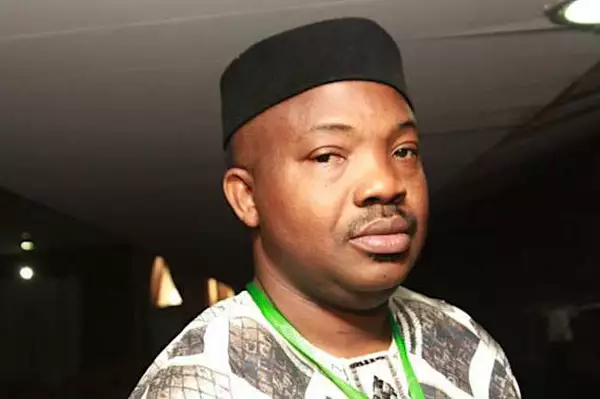By Stella Kabruk
A Non Governmental Organisation (NGO), SuNMaP 2, has commended the Kaduna State Government for establishing a budget line for malaria elimination programme in the state.
Musa Christopher, Malaria Consortium, said on Monday during a presentation at a dissemination meeting of the support group for national malaria programme phase 2.
Christopher said the meeting was to disseminate SuNMaP 2's achievements and engage stakeholders on sustainability plans.
He said with the budget, funds were released for malaria activities in the state.
He said in Kaduna State, malaria accounts for 21 per cent of general out patients attendance and 32 per cent of paediatric out patient attendance in secondary health facilities across the country.
According to him, “In Kaduna state, malaria is responsible for more than 69.8 per cent of the out patient partnership with SuNMaP.”
He said from 2008 to 2016, Malaria consortium delivered the UK aid-funded Support to the National Malaria Programme in Nigeria (SuNMaP). This programme focused on scaling up malaria programme interventions in an effort to achieve universal coverage of antimalarial commodities and services for the prevention and treatment of malaria.
“Between 2010 and 2015, national malaria prevalence among children, aged six to 59 months, decreased from 42 to 27 per cent, reaching an average of 21 per cent in SuNMaP supported states.
“Despite this progress, in 2017, Nigeria still accounted for 25 per cent of malaria cases globally, making it one of the highest burden countries in the world. Such a figure highlights the need for a further, comprehensive malaria programme.
“SuNMaP 2 is a UK aid-funded follow-up to SuNMaP that will support government efforts to further reduce Nigeria’s malaria burden.
He said the programme will be implemented by Malaria Consortium and will integrate malaria prevention, treatment, and other interventions at the community and service delivery levels, as well as in other settings, through public and private sector partnerships.
“It aims to improve the planning, financing and delivery of sustainable malaria programmes across 165 local government areas in six states of Nigeria: Jigawa, Kaduna, Kano, Katsina, Lagos, and Yobe.
“It is essential that there is government involvement and stewardship of SuNMaP 2, including through the allocation and release of funds, to ensure that the interventions are sustainable.
“Malaria Consortium and its partners will, therefore, work in collaboration with government structures at the national and sub-national levels to coordinate and harmonise the planning, implementation and evaluation of programme interventions.
“This programme has also been designed to ensure collaboration with other relevant UK aid-funded programmes that are addressing issues around governance, accountability and health systems strengthening, to facilitate long-term institutional and transformational change.
“SuNMaP 2 is a performance-based programme, with robust monitoring, evaluation, accountability and learning components.”
Also speaking, the State Commissioner for Health, Dr Amina Mohammed-Baloni, commended SuNMap 2 for their support in malaria elimination programme, especially in Kaduna State.
Mohammed-Baloni said the state would look at the recommendations and assured to see it work in the operational plan for 2022.
She said the lessons learnt and what they had achieved would help them sustain the gains made.
“From the presentation made, we have seen so far, we have made progress but still have quite a lot to do and is important that as we reflect on what we have done so far, we put in measures that will make sure we sustain what we have already achieved.
“We are still in pandemic and still not sure how the pandemic would turn out but while we are dealing with the pandemic, we still have endemic diseases and have concerns on health and the lives of women and children and general populace.
“We have to make sure we streamline all activities that are related to the pandemic into our normal health system",Mohammed-Baloni said.
==≠===≠
Other stories, redirected to Pulse.ng
Ex-Deputy Senate President Ibrahim Mantu is dead
Mantu was a prominent player in Nigeria's National Assembly for many years.
A former Deputy President of the Nigerian Senate, Ibrahim Mantu, is dead.
He was 74 years of age.
Mantu died at a private hospital in Abuja, at around 2am on Tuesday, August 17, after nine days of illness and isolation.
He died of COVID-19 complications, reports say.
“He fell ill about nine days ago and was receiving treatment at home but he was rushed to the hospital when there was no sign of improvement,” a source tells Daily Trust newspaper.
Mantu was a prominent player in the nation’s political landscape for many years.
He was elected Deputy Senate President in 2001 on the platform of the People’s Democratic Party (PDP), a position he held till 2007 when he left the senate.
Mantu hailed from Gindiri District in the Mangu Local Government Area of Plateau State.
In a recent autobiography, Senator Orji Kalu, a former Abia Governor, said Mantu helped kill ex-President Olusegun Obasanjo's third term agenda in 2006, on the floor of the National Assembly.
“Mantu was the one who scuttled the third term, and in doing so, he incurred Obasanjo’s eternal hatred. So Nigerians should celebrate him,” Kalu wrote.
Mantu was born on February 16, 1947.
Eyewitness? Submit your stories now via social or:
Email: eyewitness@pulse.ng

























No comments:
Post a Comment